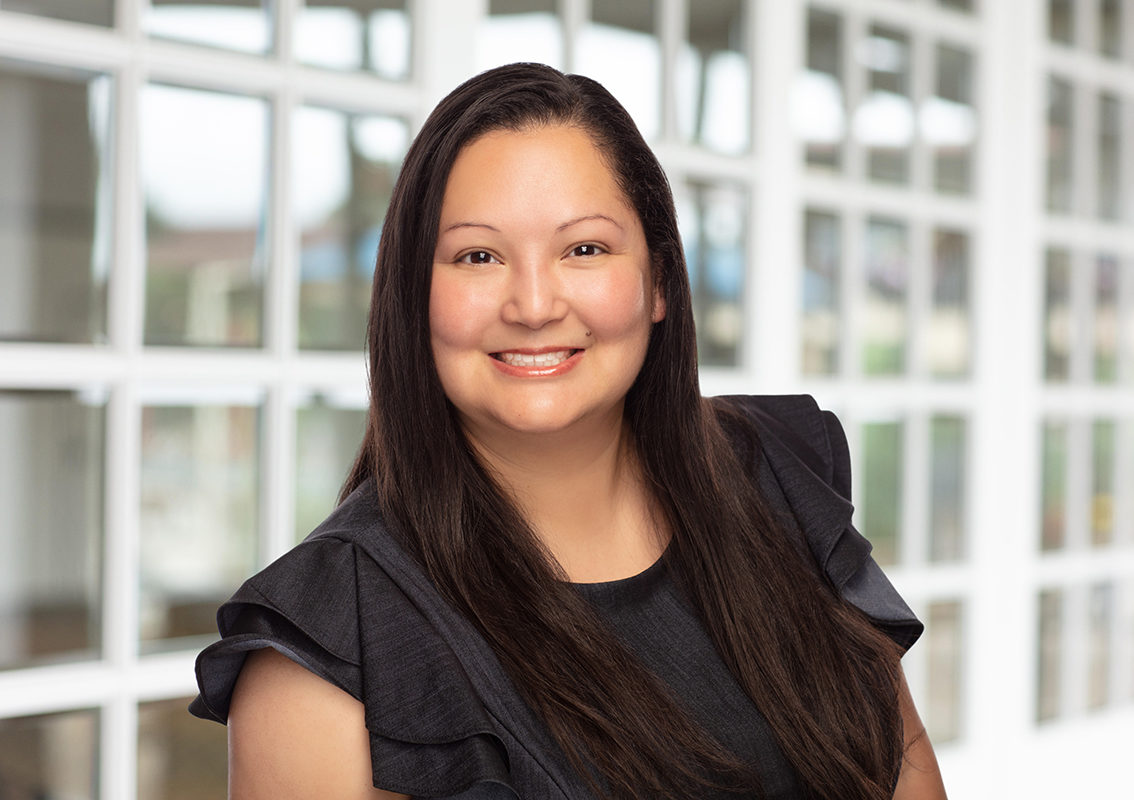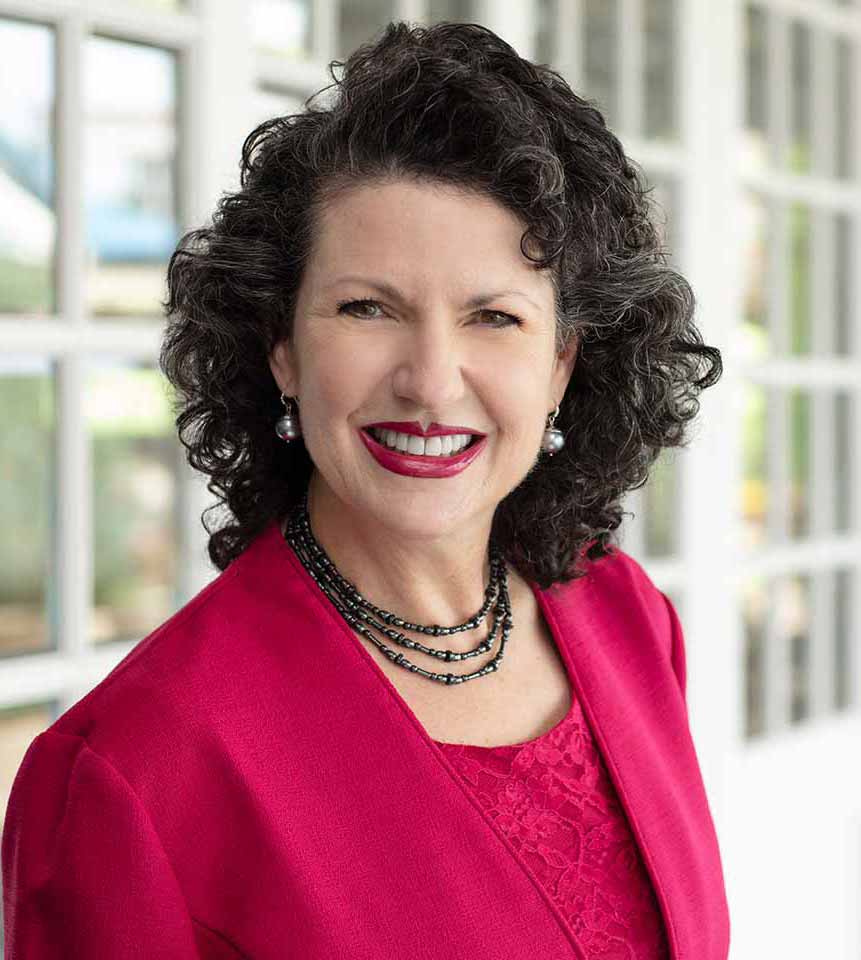
Obsessive-Compulsive Disorder Counseling
Obsessive-compulsive disorder, or OCD, is a mental health disorder that can affect people of all ages.
Most individuals diagnosed with OCD have both compulsions and obsessions, but some experience one or the other. Compulsions are rituals that people with obsessive-compulsive behavior repeatedly act out in an attempt to drive away their disruptive thoughts. Obsessive thoughts refer to frequent contemplations or involuntary impulses.
Jump Ahead:

Signs and Symptoms of OCD
Performing compulsive behaviors and having obsessive thoughts does not necessarily mean you have obsessive-compulsive disorder. The behaviors and thoughts of individuals with OCD cause extreme distress, interfere with relationships and daily life and take up a sufficient amount of time, or at least one hour per day.
Common compulsive behaviors in OCD include:
- Praying excessively
- Engaging in rituals triggered by religious fear
- Spending lots of time cleaning or washing
- Arranging or ordering items in a particular fashion
- Accumulating refuse like empty food containers or old newspapers
- Double-checking things incessantly, like switches, appliances or locks
- Checking in on loved ones throughout the day to ensure they’re safe
- Tapping, counting or repeating certain words
Common obsessive thoughts in OCD include:
- Fear of being contaminated by germs
- Violent or sexually explicit images and thoughts
- Fear of harming oneself or others
- Fear of losing control
- Repetitive thoughts that everything must “line up just right”
- Excessive attention on places or things that are considered lucky or unlucky
- Fear of not having or losing essential items
- Extreme focus on moral or religious ideas
Schedule A Counseling Session
Book Online
How Is Obsessive-Compulsive Disorder Treated?
The most effective treatments for obsessive-compulsive disorder are medication and/or cognitive behavioral therapy, or CBT.
Exposure and Response Prevention, or ERP, is a type of cognitive behavioral therapy that has the strongest evidence supporting its use in the treatment of OCD. Serotonin reuptake inhibitors are a class of medications that have also been shown to help alleviate symptoms of OCD in some individuals.
Taken together, medication and ERP are considered “first-line” treatments for OCD. In addition to outpatient ERP, OCD therapy options include, from least intensive to most intensive:
- Traditional outpatient
- Intensive outpatient
- Day program
- Partial hospitalization
- Residential
- Inpatient
Should I Seek Therapy for OCD Symptoms?
While most people may experience unwanted thoughts from time to time, intrusive thoughts and obsessive compulsions in the context of OCD are much more extreme.
If you find that these thoughts trigger extreme anxiety and frequently disrupt your day-to-day functioning, you may benefit from seeking counseling or other forms of therapy for obsessive-compulsive disorder.
Find Help for Obsessive-Compulsive Disorder in Central Texas
While there are numerous treatment options for OCD, the path to recovery starts with you. Whether you’re struggling with obsessive thoughts or disruptive, repetitive behaviors, know help is just a phone call away.
Guidance, compassion and evidence-based treatments are available at Taylor Counseling Group. We want to help you live your best life free from anxiety.
Schedule your appointment at one of our locations to learn the skills you need to take control of your life today.






